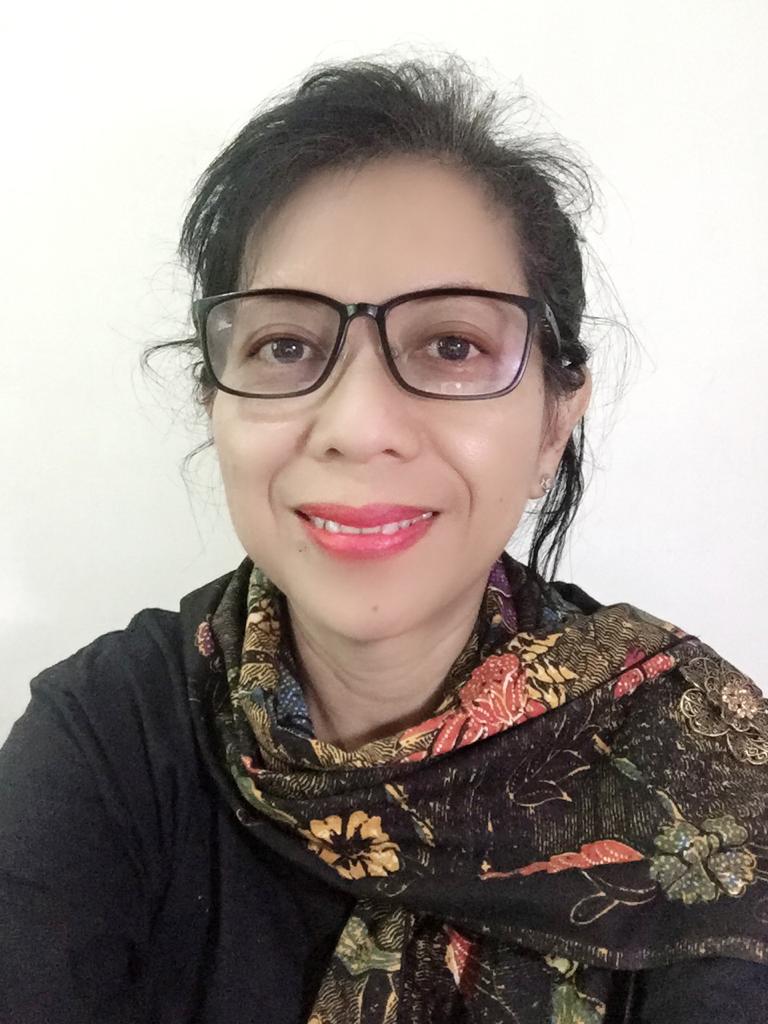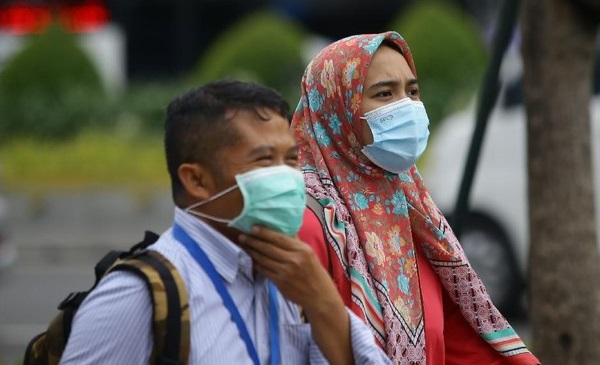UNAIR NEWS – In the beginning of 2021, Indonesia will again implement Large-Scale Social Restrictions (PSBB) or what is now called Enforcement of Community Activities’ Restriction (PPKM) in Java and Bali regions. The policy is implemented on January 11-25, 2021. The participating regions of East Java are Greater Surabaya and Greater Malang.
According to Prof. Dra. Myrtati Dyah Artaria MA, Ph.D., professor of Faculty of Social and Political Sciences (FISIP) Universitas Airlangga (UNAIR), the implementation of PPKM should be enforced. For the common good, Prof. Myrta said that this policy is necessary to ‘get down’ and ‘concerned’ for a while, so that the wheels of life can recover and run again.
“I think we should have learned from 2020. Actually, 2020 should have learned from the pandemic event 100 years earlier,” said the professor of Anthropology on Friday, January 8, 2021.
For Prof. Myrta, the effectiveness of PPKM policies depends on many elements of society that must work together. If one doesn’t care, it won’t go well.
“For example, PSBB certainly requires seriousness from the side of the government that enforces it, in this case the regional government. The policy in the form of PPKM is different from PSBB because the flow is an order from the center, not a request from the local government, “said Prof. Myrta.
Local governments, she continued, need to work well together. For example, if there is a violation in the community then it will be sanctioned. So, the community is expected to have awareness and carry out PPKM properly, from Non-Governmental Organizations (NGOs), neighborhood units (RT and RW), and to other elements of community. Each of them has to play their role.
Arising problems in the community
According to Prof. Myrta, humans have a complex social structure and there are endless social problems. The existence of a PPKM policy can certainly cause social problems, such as staying at home and meeting those similar people – that alone creates the potential to cause problems.
“Abuse cases are increasing. From an economic point of view, we can predict where it will go,” she added.
Restrictions that are only implemented in certain areas may lead to strange assumptions in the community. However, the public response cannot be expected to be uniform for everyone because humans are very diverse.
Impact on women and children
Prof. Myrta revealed that the implementation of PPKM policy caused many possibilities felt by women and children, both positive and negative. On the positive side, mothers can stay at home to spend more time with their families, organize their homes more freely, make quality time more possible, and monitor their children better.
“Many mothers are grateful for this. There are also negative impacts. For example, those who have mental disorders become more stressed because they are even more limited. The outgoing people become even more depressed because they cannot socialize with their colleagues face-to-face and then take it out on their family, ”explained Prof. Myrta.
Those experiencing financial difficulties, she continued, became even more depressed. For those who have difficulty teaching school lessons to their children, they may become confused, sad, and depressed. Each individual has a different way of dealing with situations in this PPKM, according to the conditions and individual character.
Problem solution from PPKM
From several arising problems, Prof. Myrta said that the solution depends on the problem at hand. The solution for the non-compliance people with restrictions, requires assertiveness from the government, assisted by various elements of society.
“For example, besides mobilizing the police and Satpol PP, religious leaders, neighborhood leaders, scout members, young agents, volunteers , and others could help to take care of those who violate there are sanctions,” he said.
The solution to abuse in households conducting PPKM can be done by providing dissemination to neighborhood leaders and then they share it to the people of their neighborhood. The dissemination is carried out with the hope of improving concern of fellow residents and they take care of each other.

Meanwhile, the solution to the declining purchasing power of some people due to loss of income, according to Prof. Myrta, is by managing donations by the head of the neighborhood. Thus, control is exercised by the same people with relatively small amount of funds, the potential for corruption is also minimal.
The funds, continued Prof. Myrta, can be managed to buy basic necessities for neighborhood members who need them. “It is time to work hand in hand in overcoming problems by raising awareness. Zakat does not have to be done at a certain time, but it can be done at any time, especially when there are many people who need it, ” she said.
Furthermore, Prof. Myrta said that now is a time when concern for others needs to be raised and improved because, in principle, a person wears a mask and keeps a safe distance and refrains from going out are to keep other people around him from getting infected. (*)
Author: Asthesia Dhea Cantika
Editor : Binti Q. Masruroh





